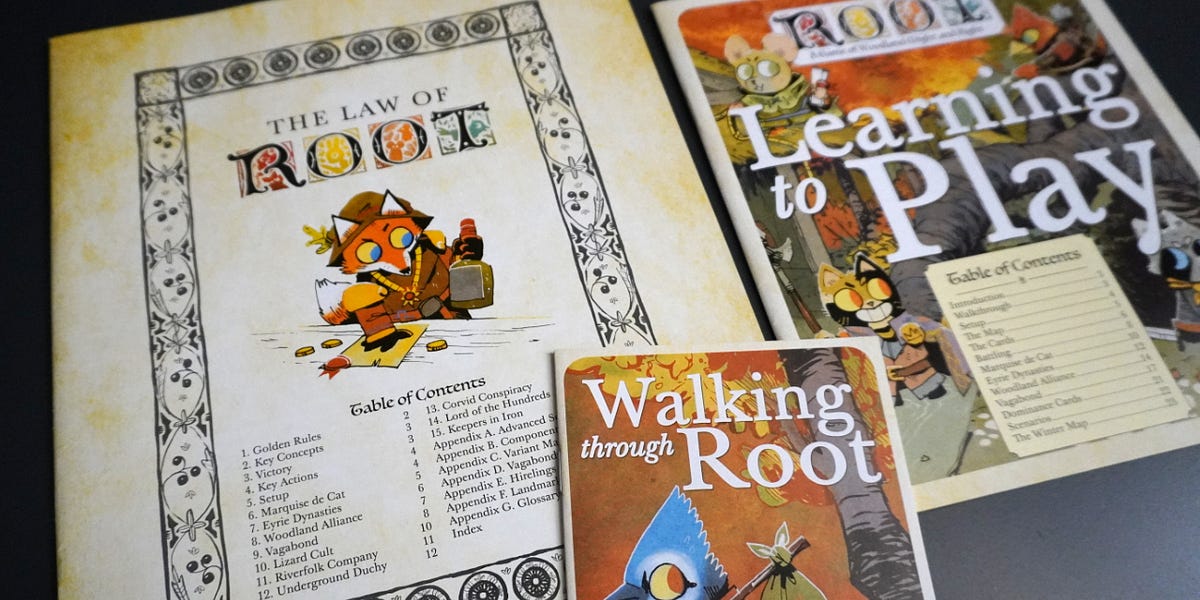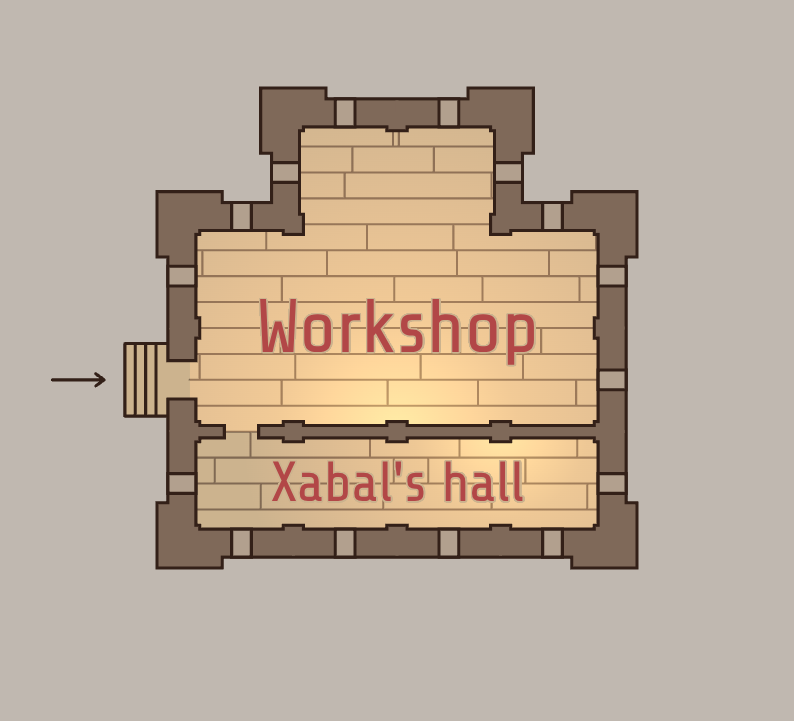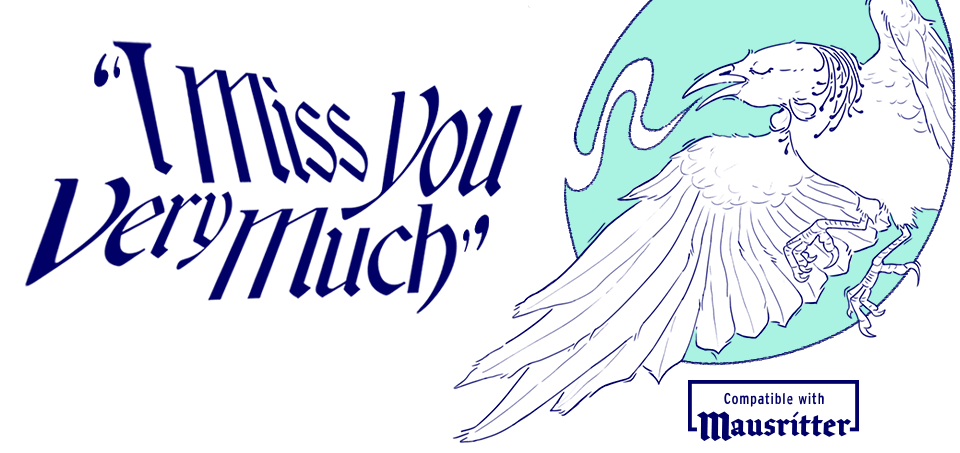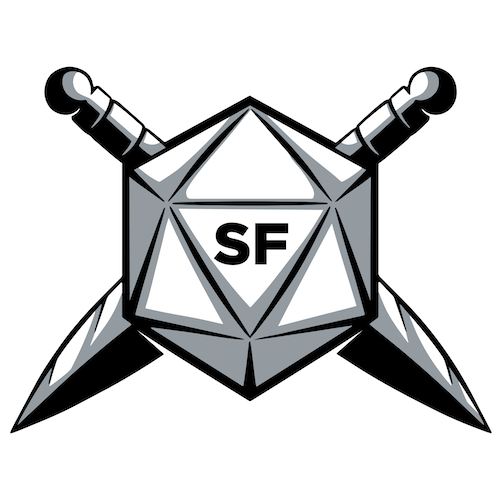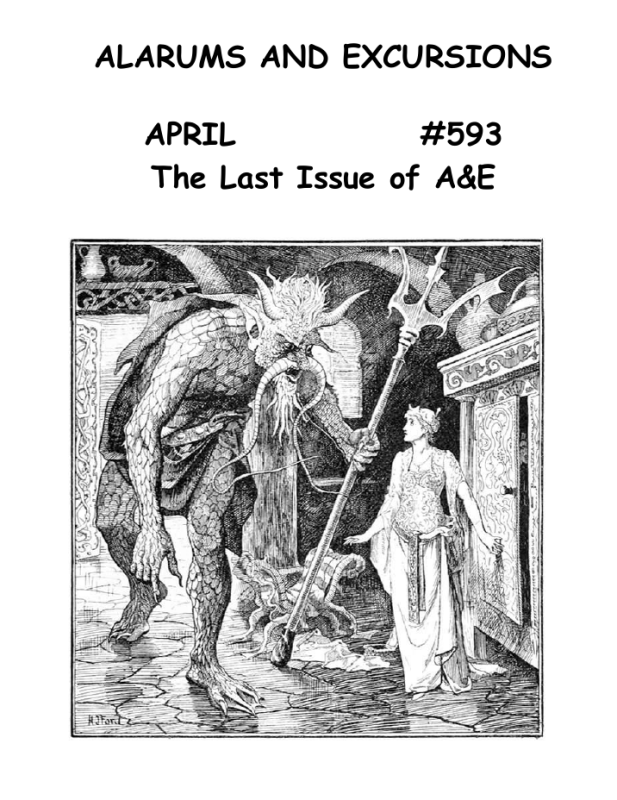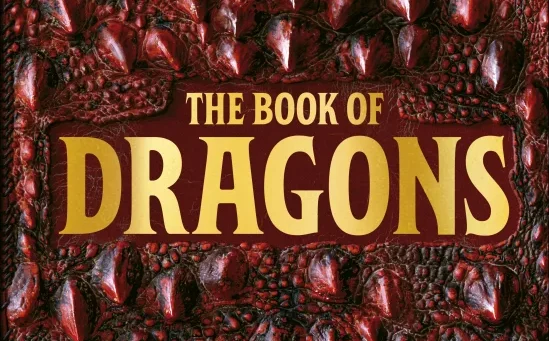SMOOSH JUICE
The Two-Word Cure to Overpowered Characters
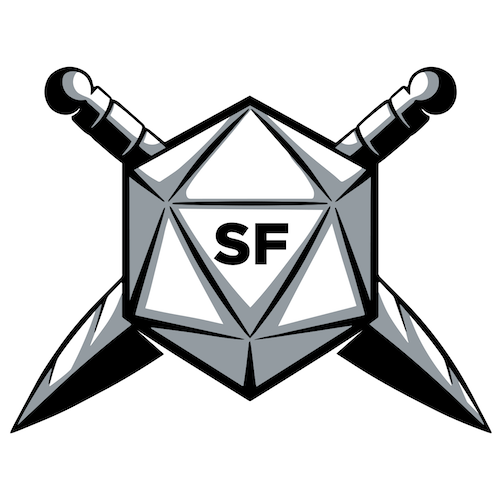
New to Sly Flourish? Start Here or subscribe to the newsletter.
by Mike on 12 May 2025
Since the earliest days of D&D, we’ve seen RPG character builds that operate beyond of their expected effectiveness. Whether they inflict twice the damage of the next highest character build or have incredible ways to pin down and incapacitate enemies big and small – some characters are just plain overpowered.
There’s a simple cure to overpowered characters. A two-word cure that ensures encounters remain appropriately challenging even when the characters coming to the table operate well outside of their normal power.
More monsters.
Add more monsters to your encounters and the threat goes up. There are more targets to focus on. It’s harder to control them all. Each additional monster increases their side of the action economy. You also care less about these additional monsters so it’s not a bummer when they fall early. In fact, sometimes you want them to fall early. This leads into the concept of “lightning rods” – monsters specifically designed to eat particularly powerful abilities of your characters.
If this advice sounds familiar, “more monsters” is one of the four dials described in Dials of Monster Difficulty.
More Monsters, Not Bigger Monsters
One might be tempted to use more powerful monsters to face overpowered characters but this change often doesn’t help. Sure, bigger monsters have more hit points and hit harder, but they’re often as easy to control as smaller ones unless you add in things like 5e’s legendary resistance. Bigger monsters don’t prevent your characters from focusing their fire. More monsters split their attention.
More Monsters Slow Down the Battle
The true enemy in combat in most tactically-crunchy RPGs like D&D or Pathfinder is time. We don’t want our battles to drag on beyond the enjoyment they bring. Timing is an important consideration as you throw more monsters into encounters to challenge powerful characters. An easy way to manage the length of battles is to have your hand on the hit point dial. After the battle has gone on beyond the joy it brings, start lowering those hit points or let the next attack against a monster take it out completely.
What About Bosses?
Bosses are the true victims in most tactical RPGs. A big boss typically lasts seconds in a battle before it’s pinned down, knocked prone, force caged, mazed, banished, polymorphed, counterspelled, or otherwise completely debilitated. So what’s a lazy solution to help bosses stay relevant in an encounter?
More bosses!
That’s right. Include more than one boss. Have a few antagonists – fancy named NPCs who all likewise throw shade in their introductory monologues. The characters may still focus on one villain but you might have one or two more bosses they can’t focus on.
Adding monsters is my new go-to technique for a lot of high-level boss battles. Throw out waves of combatants including lots of small blast-worthy minions, a handful of normal monsters, some big brutes to control, and multiple bosses to spread the wrath of the characters around.
So there you have it.
Want to keep up the threat?
Add more monsters.
More Sly Flourish Stuff
Each week I record an episode of the Lazy RPG Talk Show (also available as a podcast) in which I talk about all things in tabletop RPGs.
Last Week’s Lazy RPG Talk Show Topics
Here are last week’s topics with time stamped links to the YouTube video.
- TOV Article, Patreon Benefits, New GM Card, COA Updates, Shadowdark Scenario
- Fury of the Forsaken by Lazy Wolf Studios
- Huge Pathfinder 2 Humble Bundle
- Sage Advice Column on D&D Beyond
- Paizo Flip Mat Basic Versus Chessex Battle Map
Patreon Questions and Answers
Also on the Talk Show, I answer questions from Sly Flourish Patrons. Here are last week’s questions and answers.
- Lazy Encounter Benchmark and Waves of Combatants
- Leveling Up Villains with Forge of Foes
- Managing Real-World Time In-Game
- Character Motivation in Shadowdark with High PC Turnover
- Managing Monster Difficulty in D20 / 5e Games
Talk Show Links
Here are links to the sites I referenced during the talk show.
- Gems of the Tales of the Valiant Game Master’s Guide
- Fury of the Forsaken Kickstarter
- Pathfinder 2 Asian Fantasy Humble Bundle
- D&D 2024 Sage Advice
- Staedtler 315-9 Medium Point Wet Erase Markers
- Chessex Battle Mat
- Chessex Battle Megamat
- Pathfinder Flip Mat Basic
- Lazy Encounter Benchmark
- Dials of Monster Difficulty
Last week I also posted a couple of YouTube videos on Anatomy of a Situation – Red Eagle Tower and The Scholar’s Path – Dragon Empire Prep Session 22.
RPG Tips
Each week I think about what I learned in my last RPG session and write them up as RPG tips. Here are this week’s tips:
- Corrupted versions of good-aligned monsters are a good way to use those monsters the characters might otherwise never fight.
- On defeat, corrupted good-aligned monsters can reappear as friendly ghosts or become resurrected back to their friendly form.
- Roll random loot and add in or modify results to fit the characters.
- Add daily use spells to magical armor instead of plus bonuses to keep ACs reasonable but still provide cool effects.
- Check the damage output of published 5e monsters. 7 damage per CR is a good general benchmark.
- Reintroduce old friends. Let the characters see what became of the lives they’ve touched.
- Small three-room dungeons are a fun way to spend an evening. Every dungeon need not be a sprawling megaplex.
Related Articles
- Tune Monsters with Extra Attacks
- Three Reasons to Fudge Monster Hit Points
- Choosing Monsters for your 5e Game
Share this article using this link: https://slyflourish.com/two_word_cure_all_to_op_characters.html
Subscribe to Sly Flourish
Subscribe to the weekly Sly Flourish newsletter and receive a free adventure generator PDF!
You successfully signed up for the Sly Flourish newsletter!
More from Sly Flourish
Sly Flourish’s Books
- City of Arches
- Return of the Lazy Dungeon Master
- Lazy DM’s Companion
- Lazy DM’s Workbook
- Forge of Foes
- Fantastic Lairs
- Ruins of the Grendleroot
- Fantastic Adventures
- Fantastic Locations
Have a question or want to contact me? Check out Sly Flourish’s Frequently Asked Questions.
This work is released under a Creative Commons Attribution-NonCommercial 4.0 International license. It allows reusers to distribute, remix, adapt, and build upon the material in any medium or format, for noncommercial purposes only by including the following statement in the new work:
This work includes material taken from SlyFlourish.com by Michael E. Shea available under a Creative Commons Attribution-NonCommercial 4.0 International license.
This site may use affiliate links to Amazon and DriveThruRPG. Thanks for your support!



